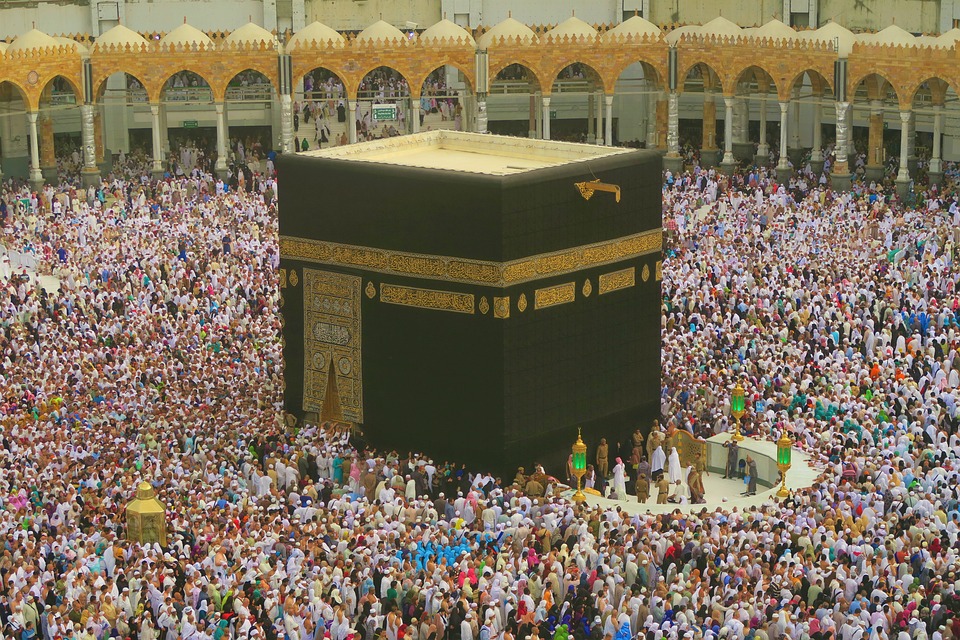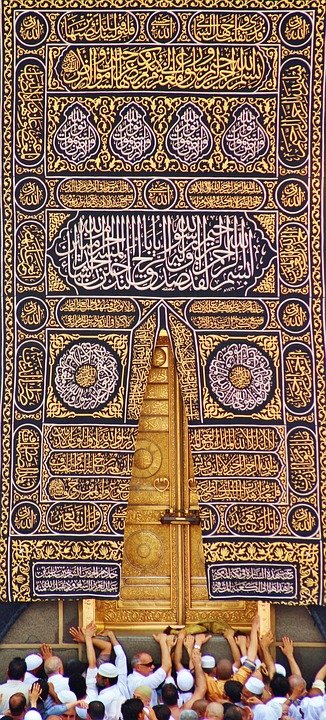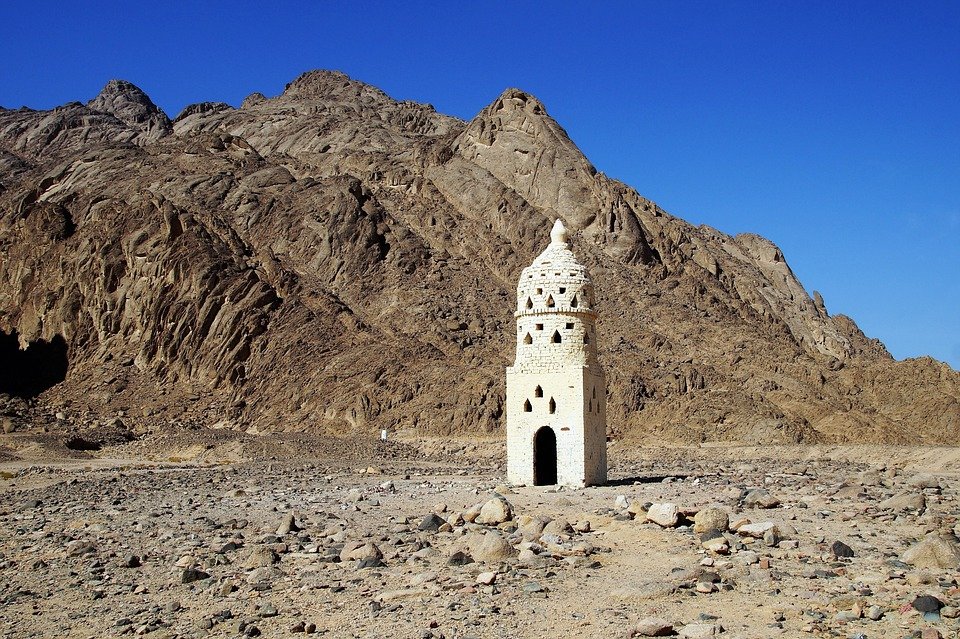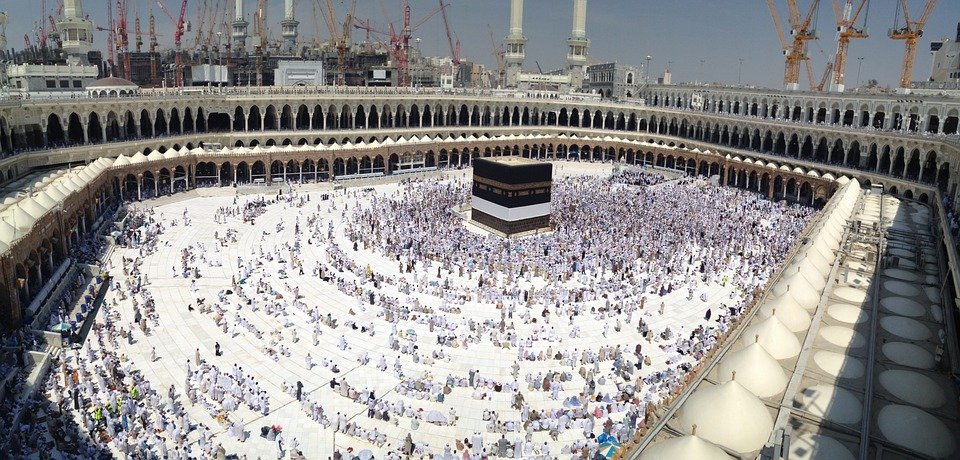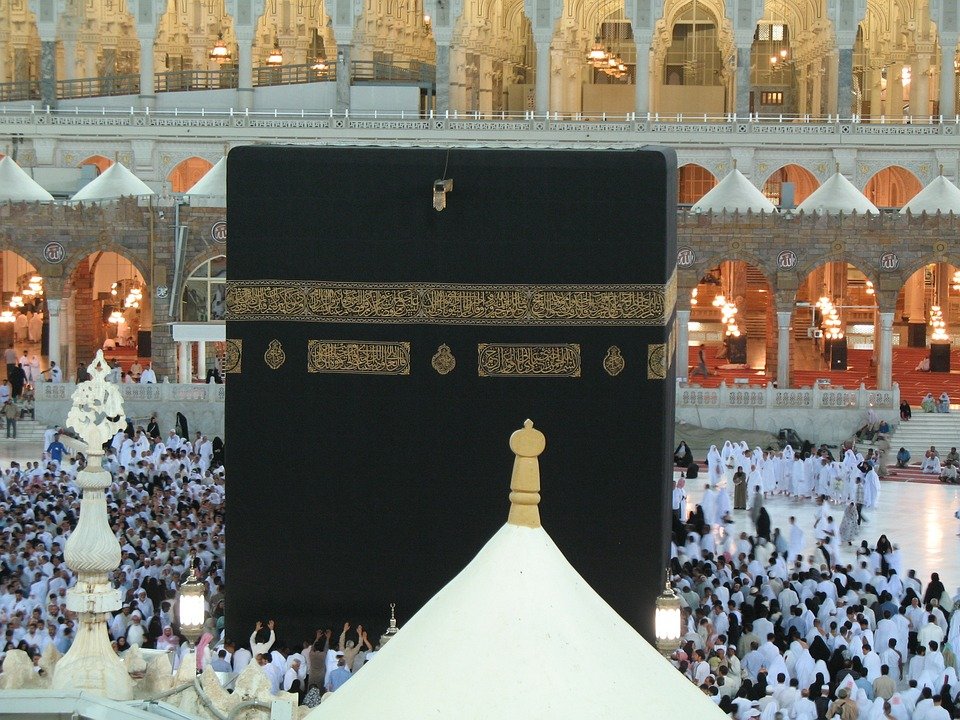In this article, we explore how Mansa Musa’s hajj affected the Golden Age. Mansa Musa, the famed emperor of the Mali Empire, undertook a pilgrimage to Mecca in the 14th century, a journey that not only showcased his immense wealth but also brought significant attention to the Islamic world. I believe that understanding the impact of Mansa Musa’s hajj is crucial for grasping the broader historical context of this period. This article promises to give you a comprehensive guide on how Mansa Musa’s actions helped shape the cultural and economic landscape during the Golden Age.
The significance of Mansa Musa’s hajj extends beyond religious devotion. It influenced trade, culture, and education, playing a pivotal role in the development of cities like Timbuktu as a center of learning. I feel that the expertise we possess at Airlinkhajjandumrah.com, with nine years of experience in Umrah and travel to Makkah and Madinah since 2016, allows us to provide in-depth insights on “How Did Mansa Musa’s Hajj Affect the Golden Age? Insights Inside.” We aim to offer you well-researched information that highlights the lasting effects of this monumental pilgrimage.
How Did Mansa Musa’s Hajj Affect the Golden Age? Insights Inside
Mansa Musa: A Brief Introduction
Mansa Musa, the fourth emperor of the Mali Empire, stands out as one of the most remarkable figures in history. Born around 1280, he became known not just for his incredible wealth but also for his extraordinary religious devotion. He was a Muslim who believed strongly in his faith and made a historic pilgrimage to Mecca, known as Hajj, in 1324. This journey was more than just a personal undertaking; it had significant implications for the Mali Empire and the broader world.
Musa’s wealth amazed everyone he encountered, especially during his pilgrimage to Mecca. He reportedly traveled with a caravan that included thousands of camels, a large number of attendants, and plenty of gold. His generosity and extravagance on this journey captured everyone’s attention and opened doors for him, making him a pivotal figure in African history.
The Significance of Hajj
Hajj is an essential religious duty for Muslims, representing a deep commitment to their faith. It is a time for reflection, prayer, and community among Muslims from all over the world. When Mansa Musa undertook this pilgrimage, he did not just fulfill a religious obligation; he demonstrated the wealth and power of his empire. Through his actions, he emphasized the importance of spirituality and showcased how it could unite people.
For Mansa Musa, this journey was transformative. It provided an opportunity to deepen his understanding of Islam and connect with other Muslims. He came back with not just spiritual insights but also knowledge that would benefit the Mali Empire. The pilgrimage showcased the value of education and how it can contribute to the growth of society.
Cultural Exchange and Knowledge Sharing
Mansa Musa’s Hajj was a catalyst for cultural exchange. During his pilgrimage, he interacted with scholars, poets, and merchants, creating a rich tapestry of ideas and knowledge. These interactions had long-lasting effects on the Mali Empire, infusing it with various cultural practices and wisdom.
After his return, Mansa Musa took steps to promote education in his empire. He established schools and libraries, especially in Timbuktu, which became a center of learning. The exchange of ideas helped shape a golden age of scholarship and learning in West Africa. Knowledge from different parts of the world flowed into the Mali Empire, enriching its culture.
The Impact on Trade and Economy
Mansa Musa’s pilgrimage also had a significant impact on trade. His lavish spending during the Hajj grabbed attention and altered perceptions of the Mali Empire. When people witnessed Musa’s wealth, they became interested in trade with Mali. Merchants started viewing the empire as a potential hub for business, leading to increased commerce.
This flourishing trade network proved beneficial for the economy of Mali. As trade grew, so did the transfer of goods, ideas, and even people. Other regions began to see Mali as an important player in international trade, enhancing its stature in the world. This economic rise contributed to the Golden Age, as it allowed for prosperity and supported the arts and sciences.
A New Perspective on Islam in Africa
Mansa Musa’s Hajj created a new perspective on Islam in Africa. Before his pilgrimage, Islam was mainly practiced by the elite in various regions. However, Musa’s public display of faith and wealth made Islam more appealing and accessible to the broader population.
This shift encouraged more people to embrace Islam, transforming the cultural landscape of West Africa. Mosques were built, and Islamic teachings spread widely. This flourishing of faith combined with the established educational systems fostered an environment where knowledge thrived, directly contributing to the Golden Age.
Lasting Legacy and Influence
The legacy of Mansa Musa’s Hajj remains influential even today. His journey is a symbol of faith and strength, reminding us of the interconnectedness of cultures. He showed that a single act of devotion could have far-reaching impacts. Historians often cite him as an exemplary ruler whose actions uplifted an entire civilization.
His commitment to education, trade, and cultural exchange inspired future leaders. Countries across the region looked to Mali as a model of prosperity and wisdom. Even centuries later, his pilgrimage serves as a reminder that leadership is not merely about power but also about fostering growth and unity.
Reflection on the Golden Age
In reflecting on the Golden Age spurred by Mansa Musa’s Hajj, we recognize the importance of individuals in shaping history. Mansa Musa was more than an emperor; he was a visionary leader who understood that wealth could serve higher purposes.
His contributions to education, trade, culture, and faith continue to resonate. They teach us that investing in knowledge and community can lead to greatness. As we look back on this era, it’s clear that Mansa Musa’s Hajj was a turning point, resonating through time, influencing generations to come.
Mushu, an experienced Saudi Arabia traveler and writer, shares insightful tips and spiritual reflections to enhance Hajj and Umrah journeys for fellow pilgrims. He has been to Makkah and Madina from 2016 to 2023 many times and his posts will reflect this.


